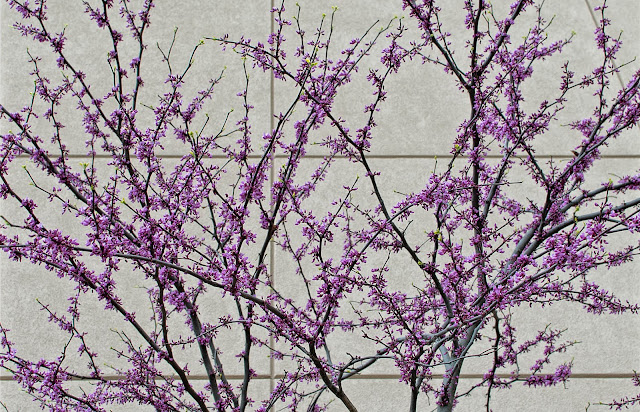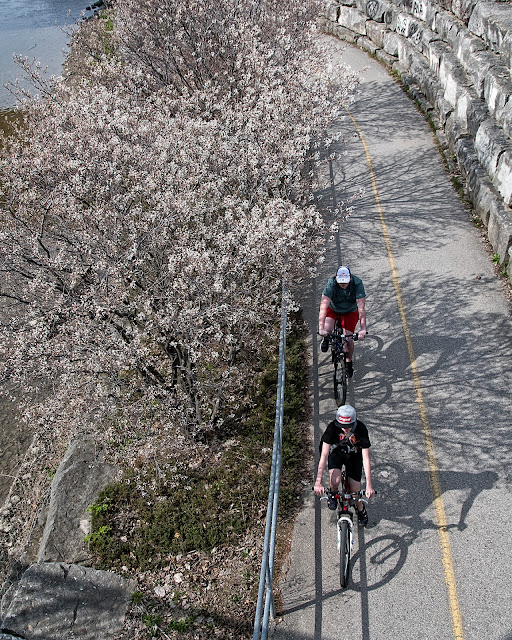Little to report. There was a weather watch or warning or something today for the high winds, expected to gust to 70 or 80 kph later in the day. The winds have indeed been rattling our windows all day.
I ran in the morning. Fred Douglass finally gets his federal appointment. After the 1876 election in which the Republican candidate, Rutherford Hayes, wins in a squeaker, he offers Douglass the post of Marshall of DC, a partly-ceremonial role in the Justice department, carrying out judicial orders, including routine arraignments.
The appointment was controversial. Racist Democrats and some black rivals decried it. But it was exactly the sort of thing Douglass had been craving, and it made it unnecessary for him to continue his long, grueling speaking tours. Much discussion about how and if he can continue to be a radical activist on behalf of blacks now that he's a Washington insider. Douglass turns 60 in 1878.
*
I did go out in the afternoon. The wind was wild in places but relatively calm others. I went out mainly to pick up an order at the LCBO on York St., but meant to ramble a little and take some photographs as well.
As I was walking to the LCBO along Queens Ave., I watched a man walking towards me - meandering towards me really - stop briefly and lean down and place something on the cement base of a fence in front of the Justice building. He was a dark-skinned man wearing a long middle-eastern tunic over his trousers and a kufi - the little beanie - on his head.
When I passed him, he was either talking to himself or to somebody on a hands-free phone I'm inclined to think it the former given his other behaviour. When I got to where he had stopped, I found this.
Oh, yeah, he was talking to himself.
In the end, I cut short my outing. The wind was just too wild. My hat was in constant danger of blowing off, and it was cold.
*
Back at the ranch, I played around from some pictures from our winter in Tucson, Arizona in 2013. We rented a small bungalow in a lower middle-class neighbourhood not far from the university. I was intrigued by the residential architecture. The houses were mostly very small, cement-block bungalows but often with interesting decoration and landscaping. Here's a sampling.




























































